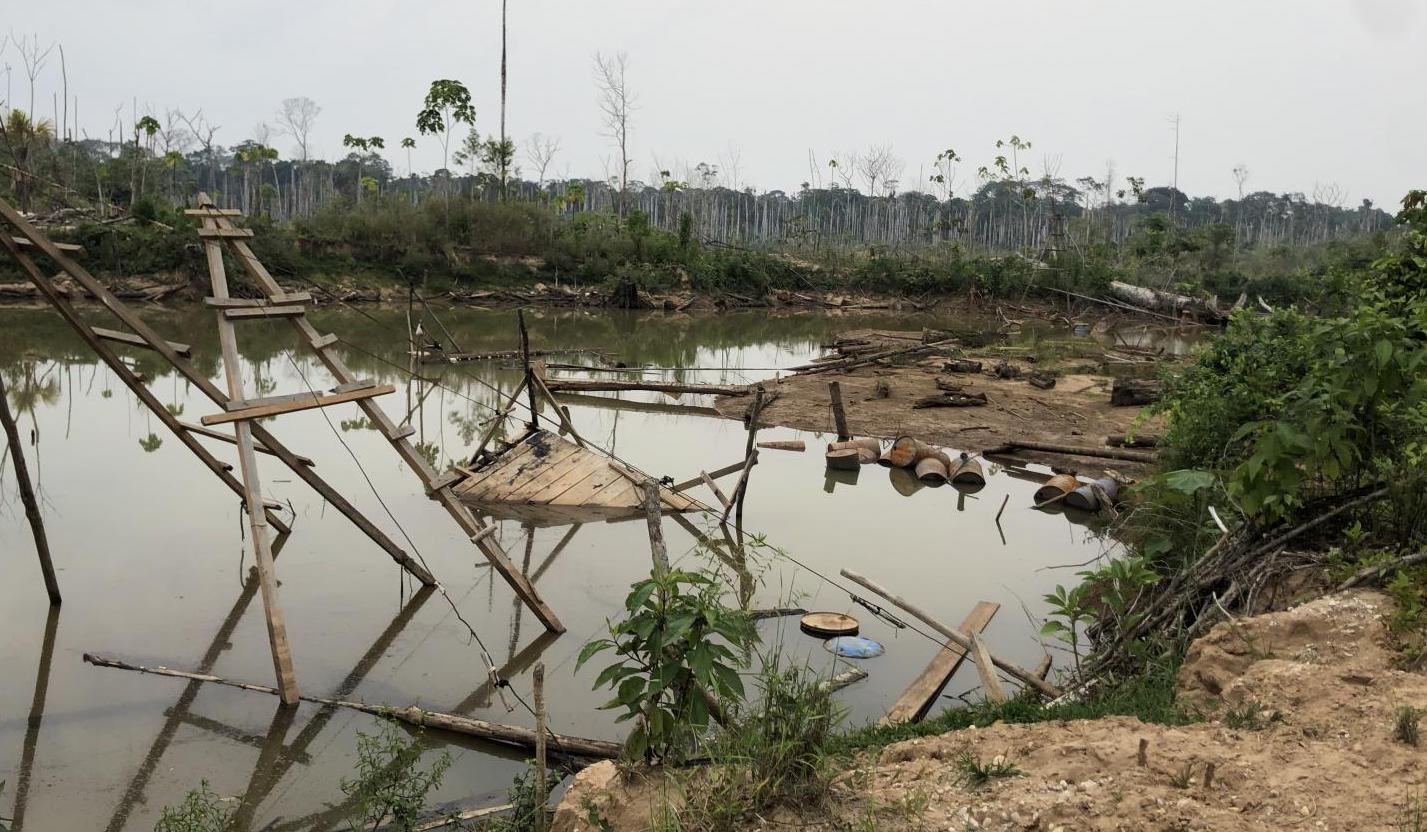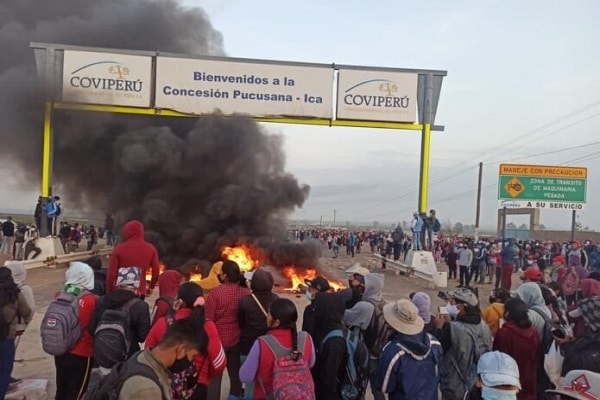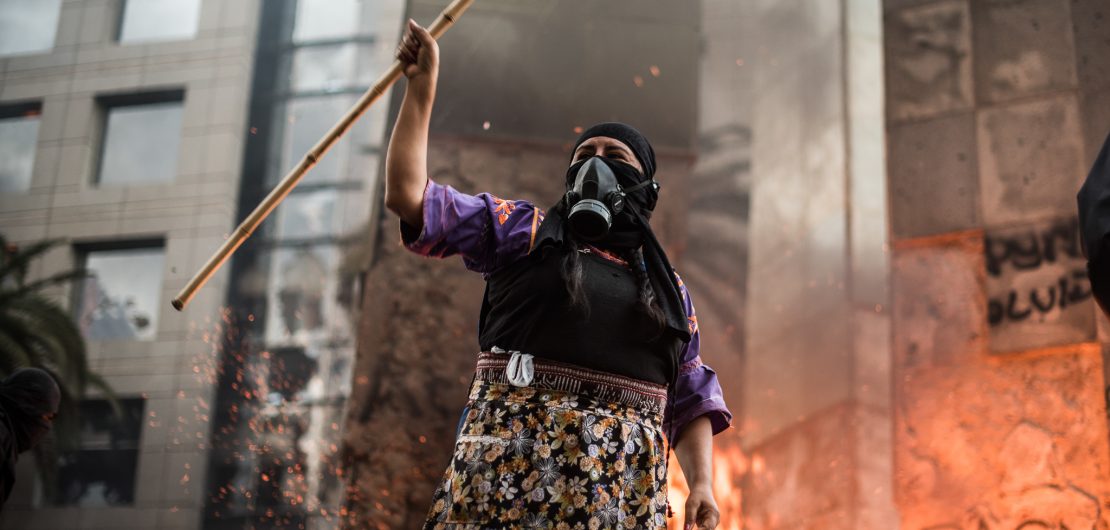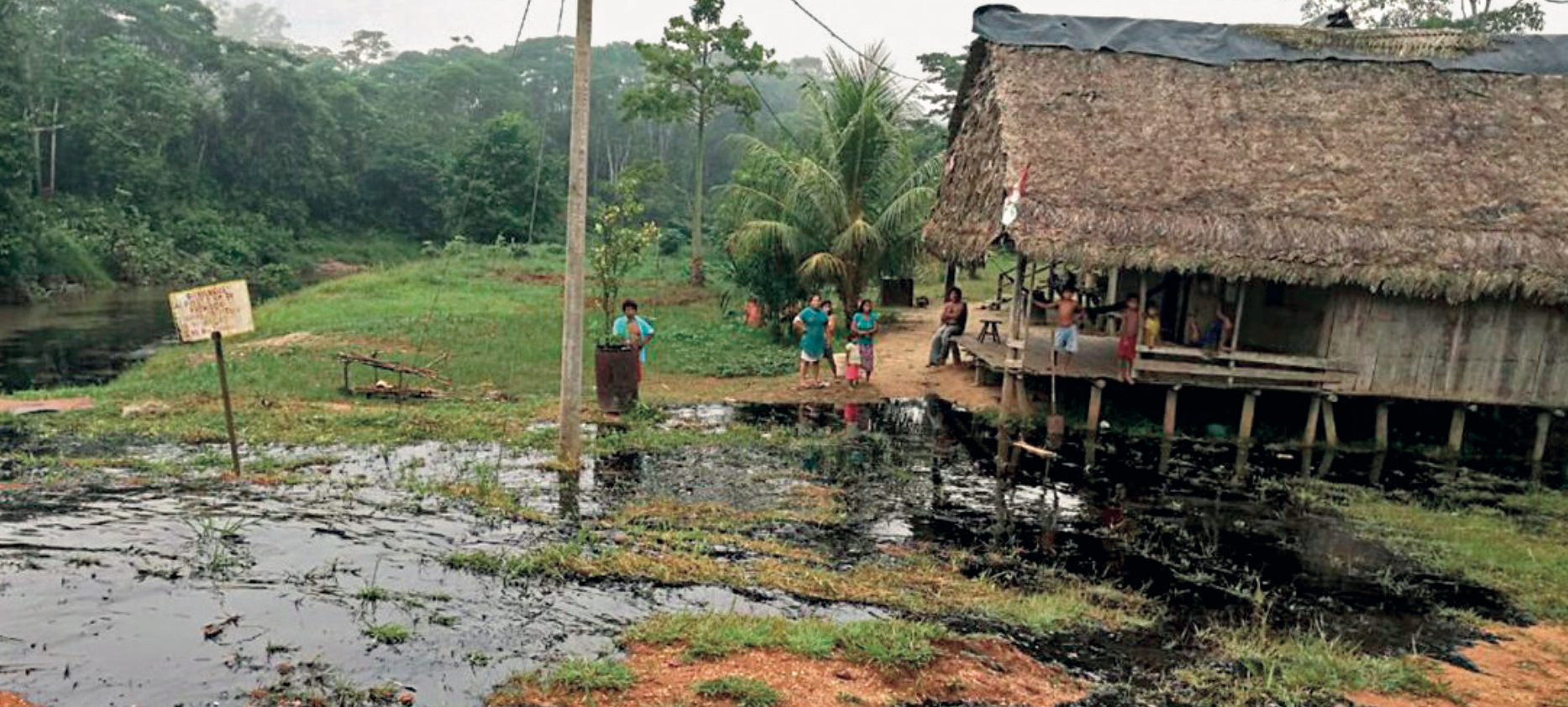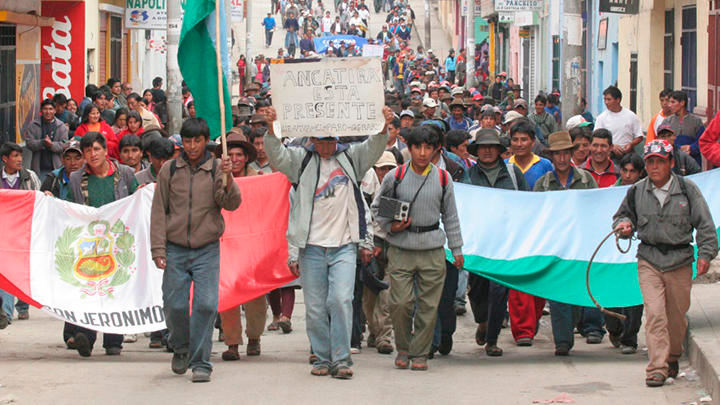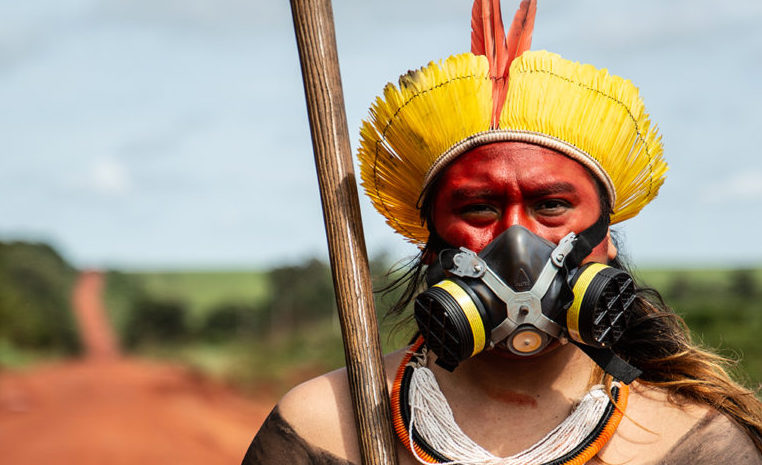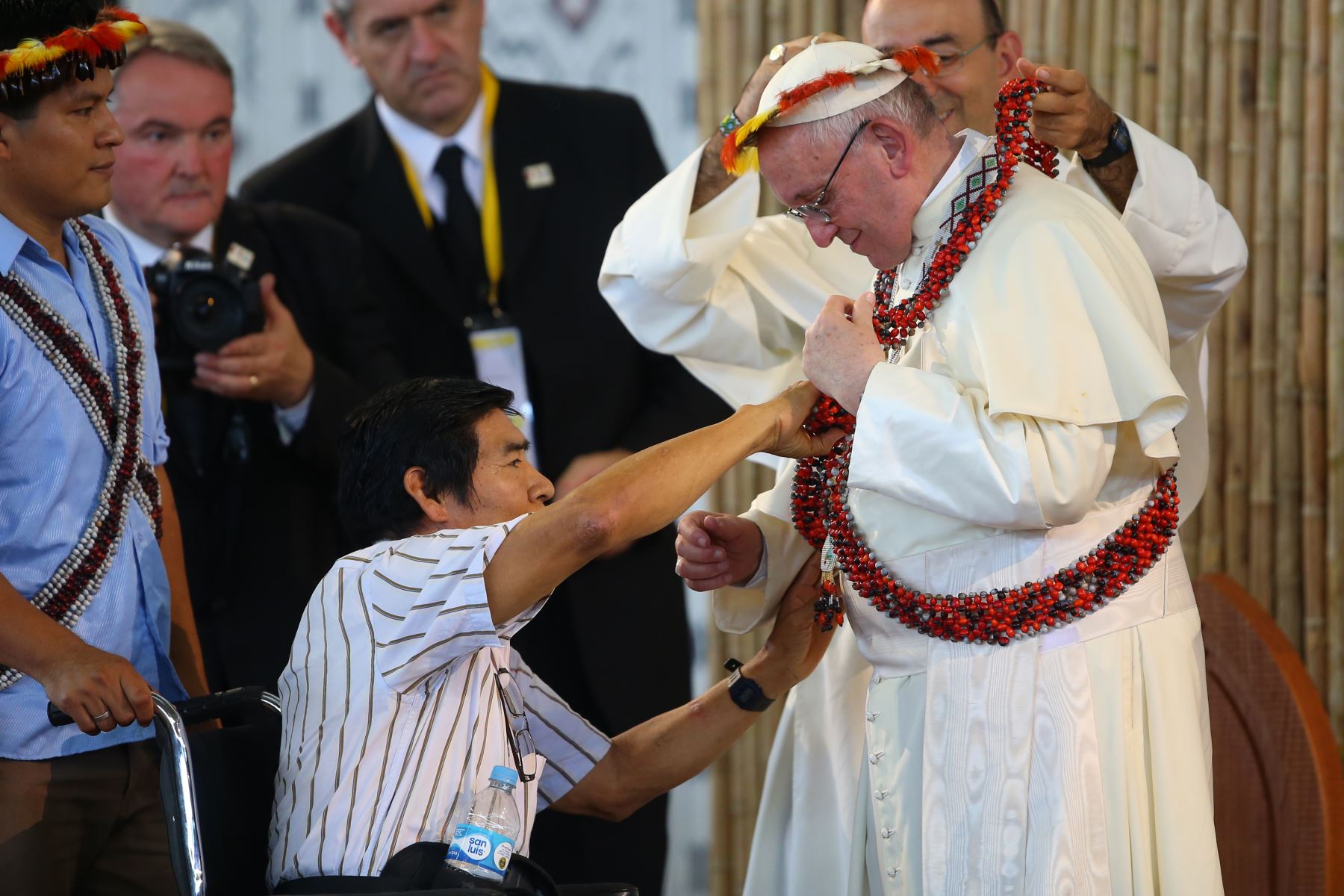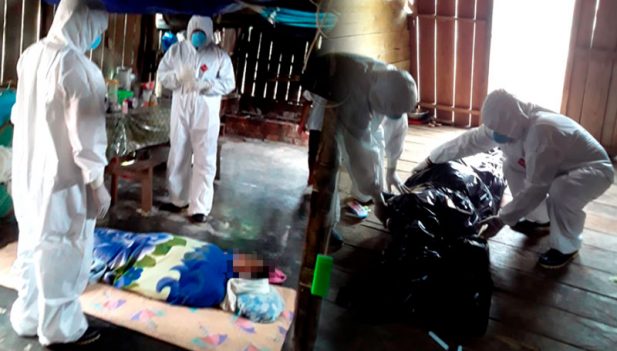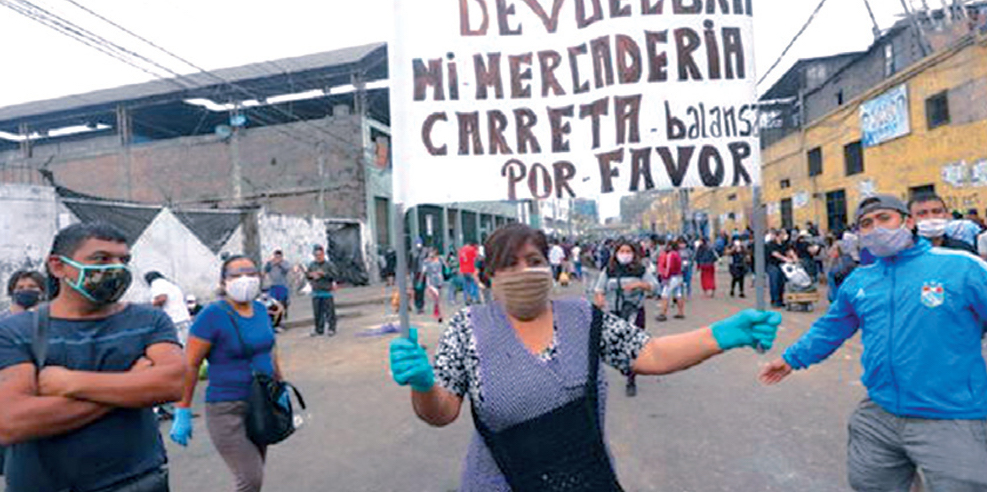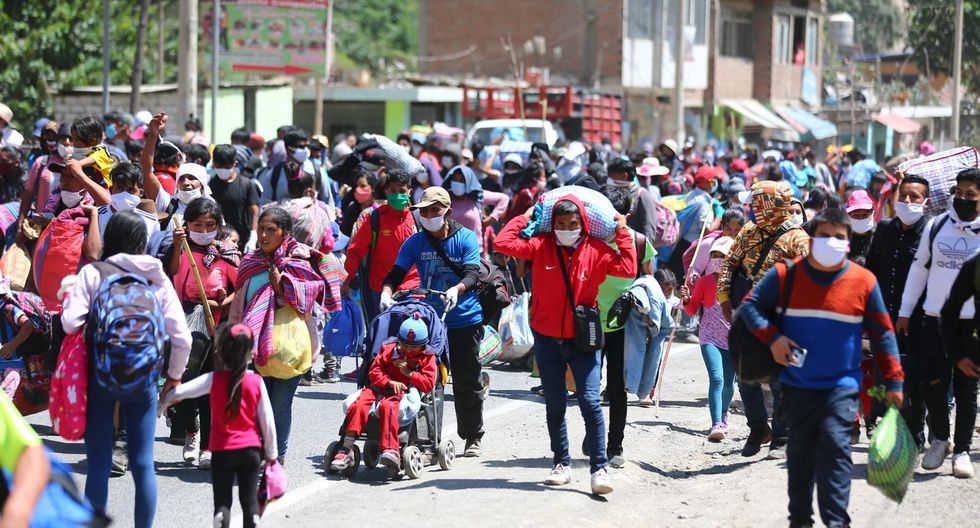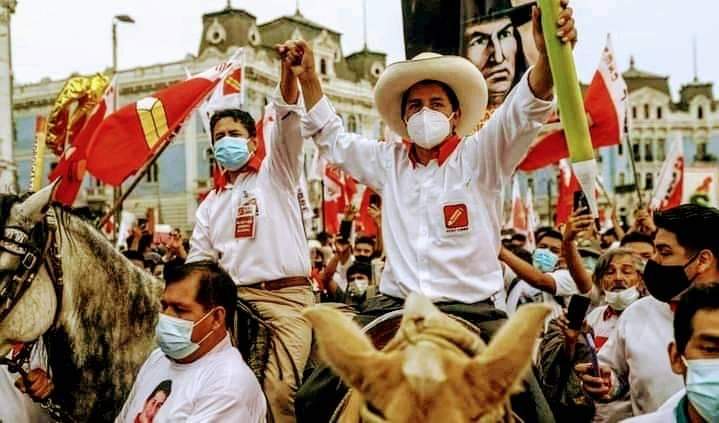
Peru: electoral upset portends polarization
Peru seems poised for polarization following surprise results in first-round presidential elections that saw a previously unknown leftist candidate, Pedro Castillo, taking 19% of the vote in a very crowded field—more than any of his rivals. In a June run-off, he will face his runner-up—hard-right candidate Keiko Fujimori, who took 13%. The two candidates represent the extremes of Peru’s electoral spectrum. Fujimori is the daughter of imprisoned ex-dictator Alberto Fujimori—and had herself been imprisoned as corruption charges were pending against her last year. Her Fuerza Popular party is the paradoxical populist vehicle of the most reactionary sectors of the country’s elites, and has actually been assailed as a “mafia organization.” Castillo, in vivid contrast, is a former school-teacher and trade unionist of campesino background from the poor and rural Andean region of Cajamarca. His successful grassroots campaign is seen an upsurge from such forgotten parts of the country, in rejection of the Lima-based political class. (Photo of Pedro Castillo in Lima via Twitter)



